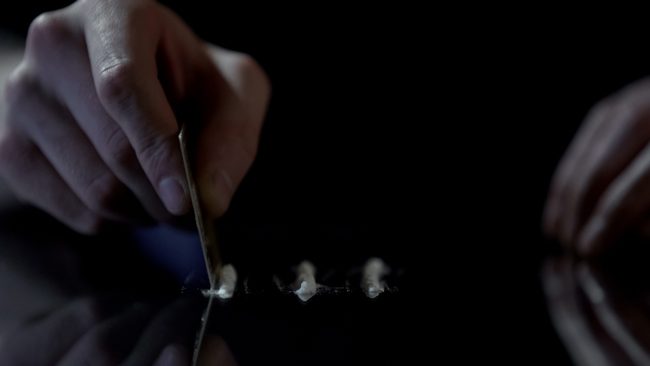Addiction Help: When Your Loved One Is Abusing Cocaine

Cocaine addiction is a very real crisis in the U.S.
While it does not get as much attention as opioid addiction or alcoholism, it is still a prominent, life-threatening disease impacting millions of people. The National Institute on Drug Abuse states that, in 2014, about 1.5 million people were using cocaine, with those age 18 to 25 being the most likely users.
What Is Cocaine Addiction?
Cocaine, and all of its forms, is a dangerous type of drug that interacts with the central nervous system. Those who use it can develop intense cravings for more of it, leading to an addiction that can form quickly. It works as a stimulant, which is one of the key reasons people seek it out time-and-time again. It helps to encourage faster thinking, and it reduces the need for sleep. Some people find themselves using it as a way to get more done. College students often use it as a way to study or get more into their day when they don’t want to sleep.
An addiction forms as the cocaine, which is typically in a crystalline or powdered form, is ingested. It changes the way the brain’s neurons work. Over time, the brain becomes dependent on the substance to keep it working in hyper-active state. When it lacks cocaine, the brain creates cravings to encourage the person to use more of it. Over time, cocaine overpowers the brain, making it impossible for it to work without the substance.
Chemical dependency is very common in cocaine users. It’s important for family members and people who are using to recognize the need for cocaine addiction help.
Are Crack and Cocaine the Same Thing?
Crack and cocaine are significantly different. Crack is a powdered version of cocaine that is usually mixed with baking soda and water. It’s sold as a “rock” and usually by the gram. Because crack is smoked, it creates an instant effect on the brain. However, because that effect lasts only about 15 minutes, crack tends to be significantly more psychologically addictive than cocaine.
Cocaine is made from a mixture of hydrochloric acid and coca paste. It can be injected or snorted. Those who inject it will start to feel the impact in about 30 seconds, and the effect will last for about an hour. With snorting, the impact takes a bit longer, usually about three to five minutes,and the results last about 30 minutes.
Crack cocaine is second behind heroin in how addictive it is. Cocaine, on the same scale, ranks lower, after crystal meth and alcohol in addictiveness.
How Does Cocaine Affect a Person?
Is your loved one abusing cocaine? If so, you may be noticing changes in their personality. Chances are good that the drug is also creating significant physical changes.
When a person uses cocaine, it slowly but consistency changes the brain’s chemistry. It changes the way a person feels pleasure not just while using the drug but also while not using. Natural sources of pleasure become hard to experience. The euphoria that the drug provides is highly addictive, pushing a person to use more.
Physically, those changes to the brain are hard to repair. Brain damage can impact any of the organ’s tissues, creating the risk of seizure disorders, loss of brain cells, and loss of gray matter.
Signs Your Loved One Is Addicted to Cocaine
It may be hard to pinpoint an addiction to cocaine. However, some signs of cocaine addiction can be witnessed. Without the drug, the user may be:
- Angry and agitated
- Depressed and withdrawn
- Extremely sensitive to touch, sound, and sight
- Sedated or just always sleeping
- Prone to night terrors
How to Get Your Loved One Help for Cocaine Addiction
Cocaine addiction treatment programs are available to you. Research suggests that just five months without cocaine use can restore brain function. Your loved one may need to go through a detox program, which will help to safely remove the chemical from the body. Then, any medical needs must be managed, such as damage to brain tissue, cardiovascular health, and other complications.
At Victory Addiction Recovery Center in Lafayette, LA, our substance abuse treatment program can help your loved one through the psychological and physical recovery process. This process is intense, but it will address the addiction they face and how they can begin to piece their lives back together. A customized treatment plan is always used to ensure your loved one is getting the care he or she needs.







